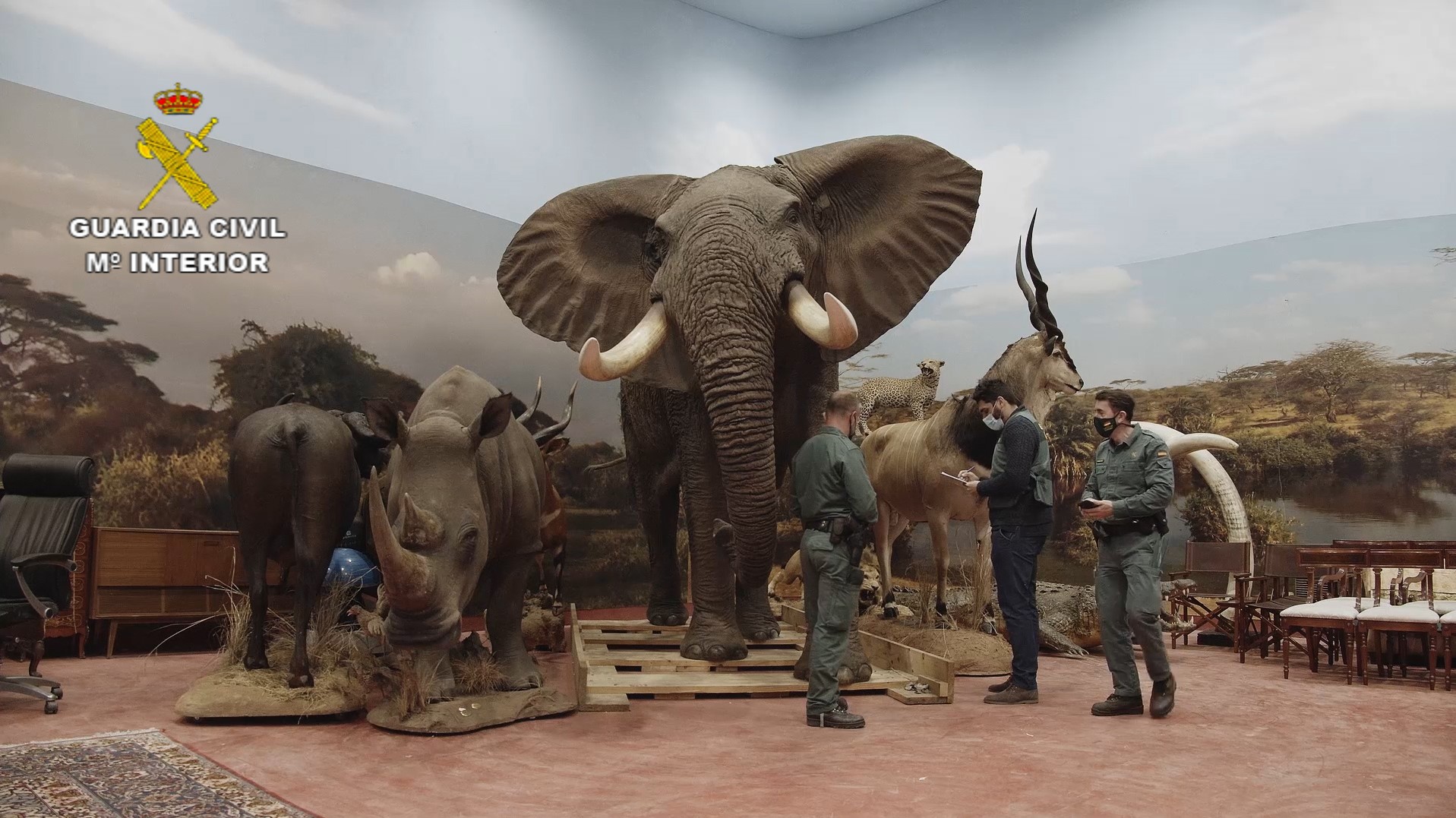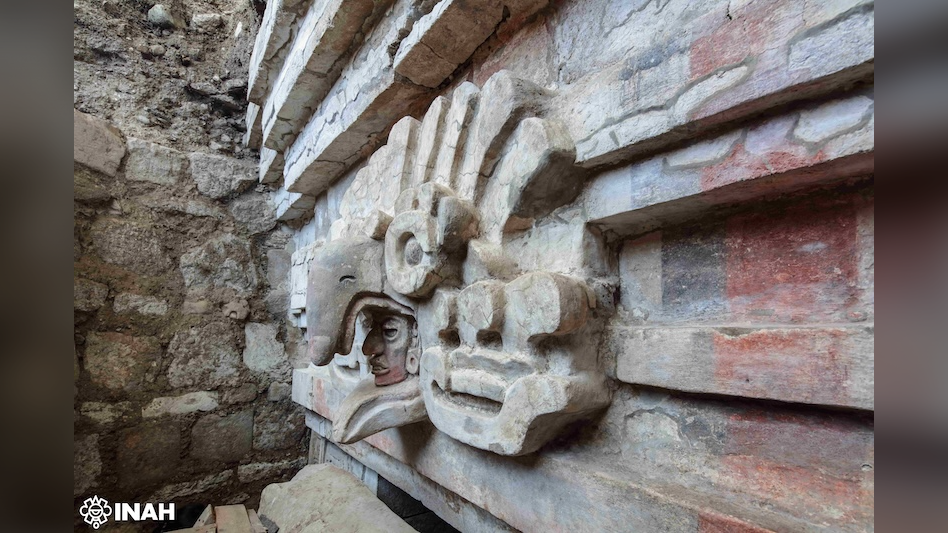Spanish police seize more than 1,000 stuffed animals, including endangered and extinct species
The collection is worth around $32 million.
Spanish police have seized more than 1,000 taxidermy animals that were part of a private collection worth around $32 million in what they have described as "one of the largest ever" illegal wildlife busts in Europe. Almost half of the specimens recovered are either listed as endangered or have already been declared extinct.
Officers from Spain's Civil Guard seized the collection o from a massive warehouse in the town of Bétera near Valencia in Eastern Spain, according to a statement released on April 10.
In total, officials recovered 1,090 taxidermy specimens, including entire elephants, white rhinos, cheetahs, leopards, lions, crocodiles, tigers and a polar bear, as well as 198 elephant tusks. The team also found other items, including stools that appeared to be made from elephants' feet and chairs upholstered with crocodile skin, according to a video by ABC News.
Related: Man caught at Mexican border allegedly had more than 50 reptiles stuffed into his clothing
The officials said 405 of the specimens belong to species that are illegal to trade internationally under the Convention on International Trade in Endangered Species of Wild Fauna and Flora (CITES). The collection also included a scimitar oryx, which was declared extinct in 2000, and an addax, a type of antelope that is functionally extinct in the wild, which means there as so few left that it is almost a certainty they will eventually disappear.
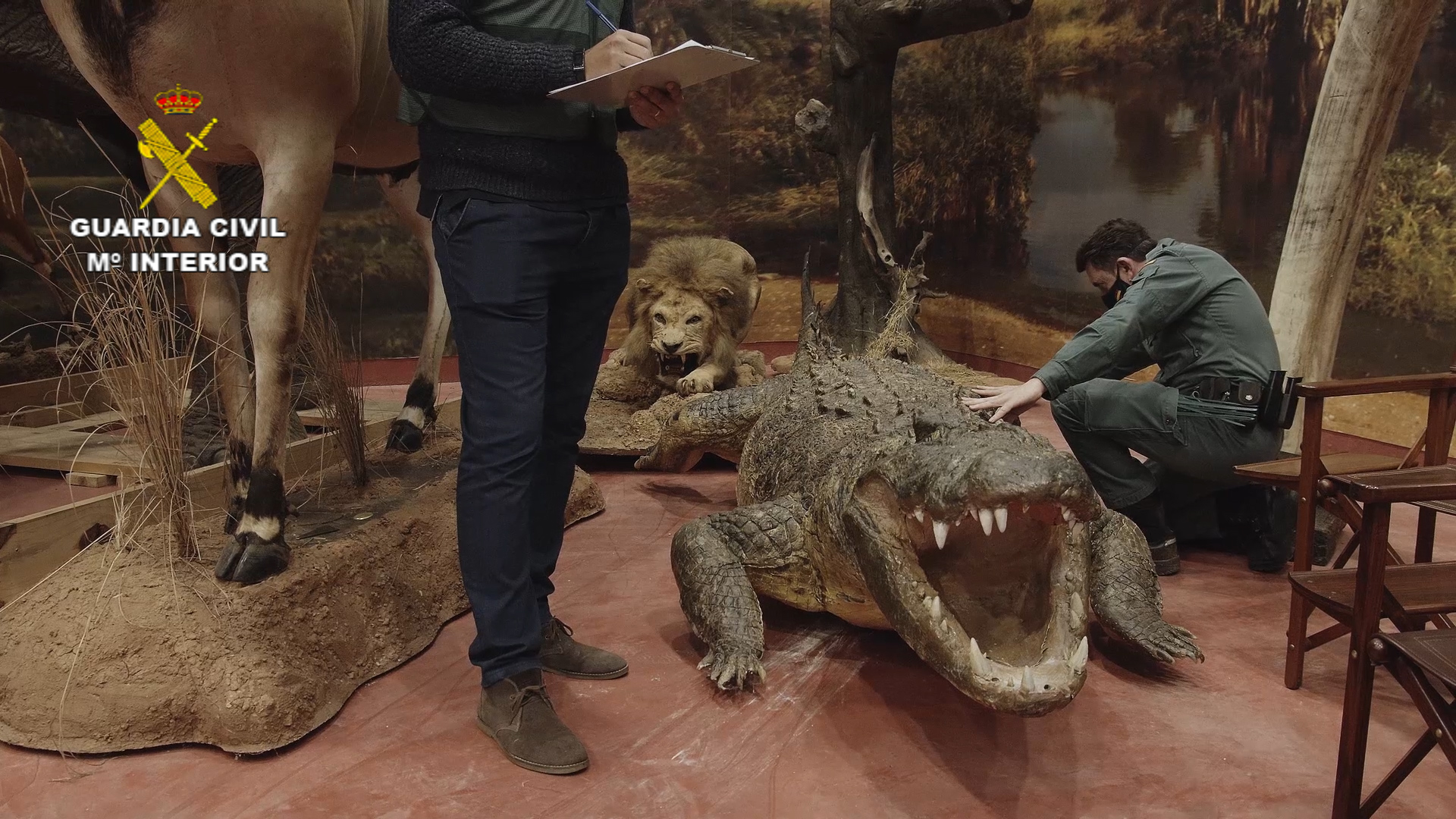
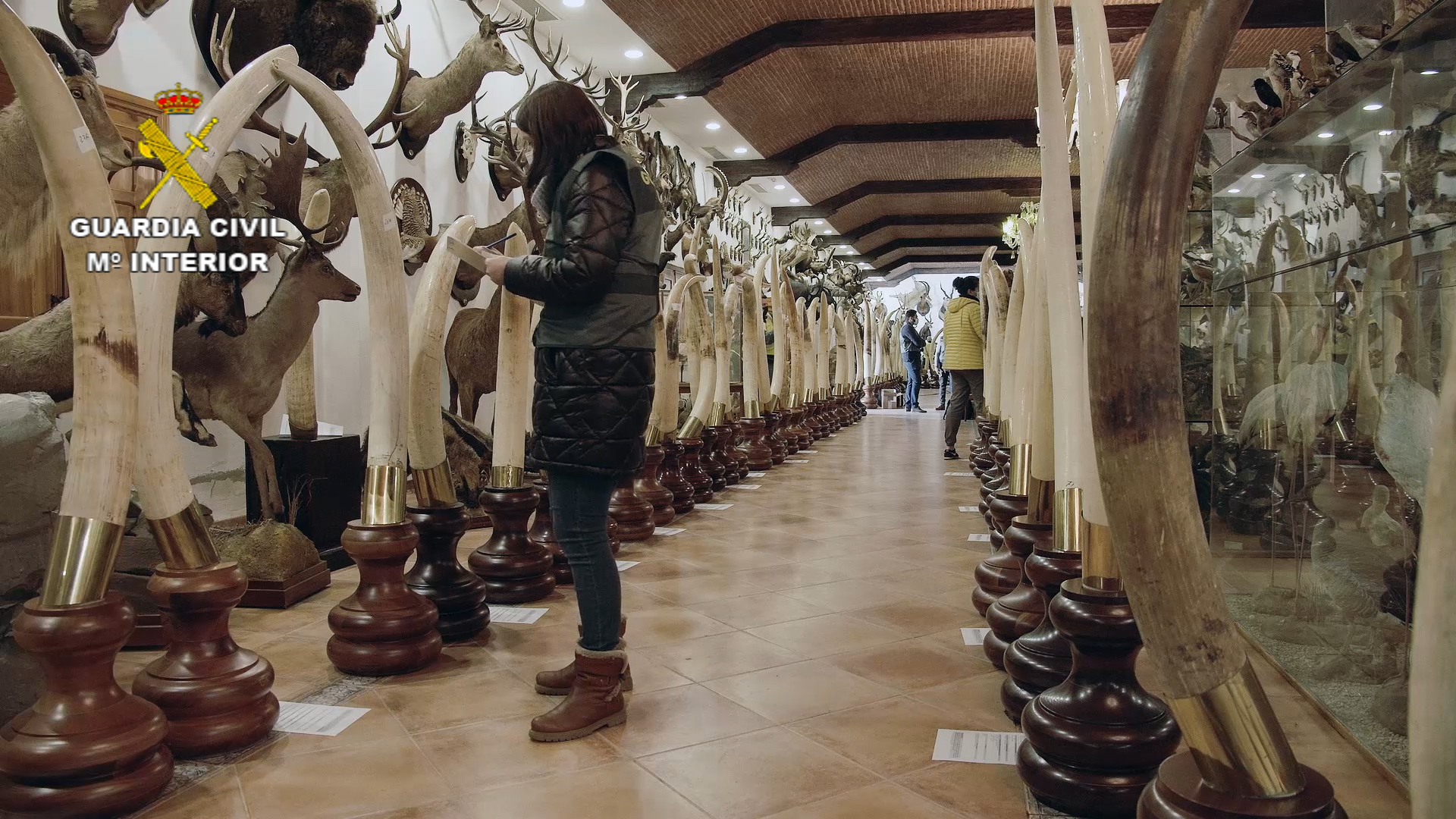
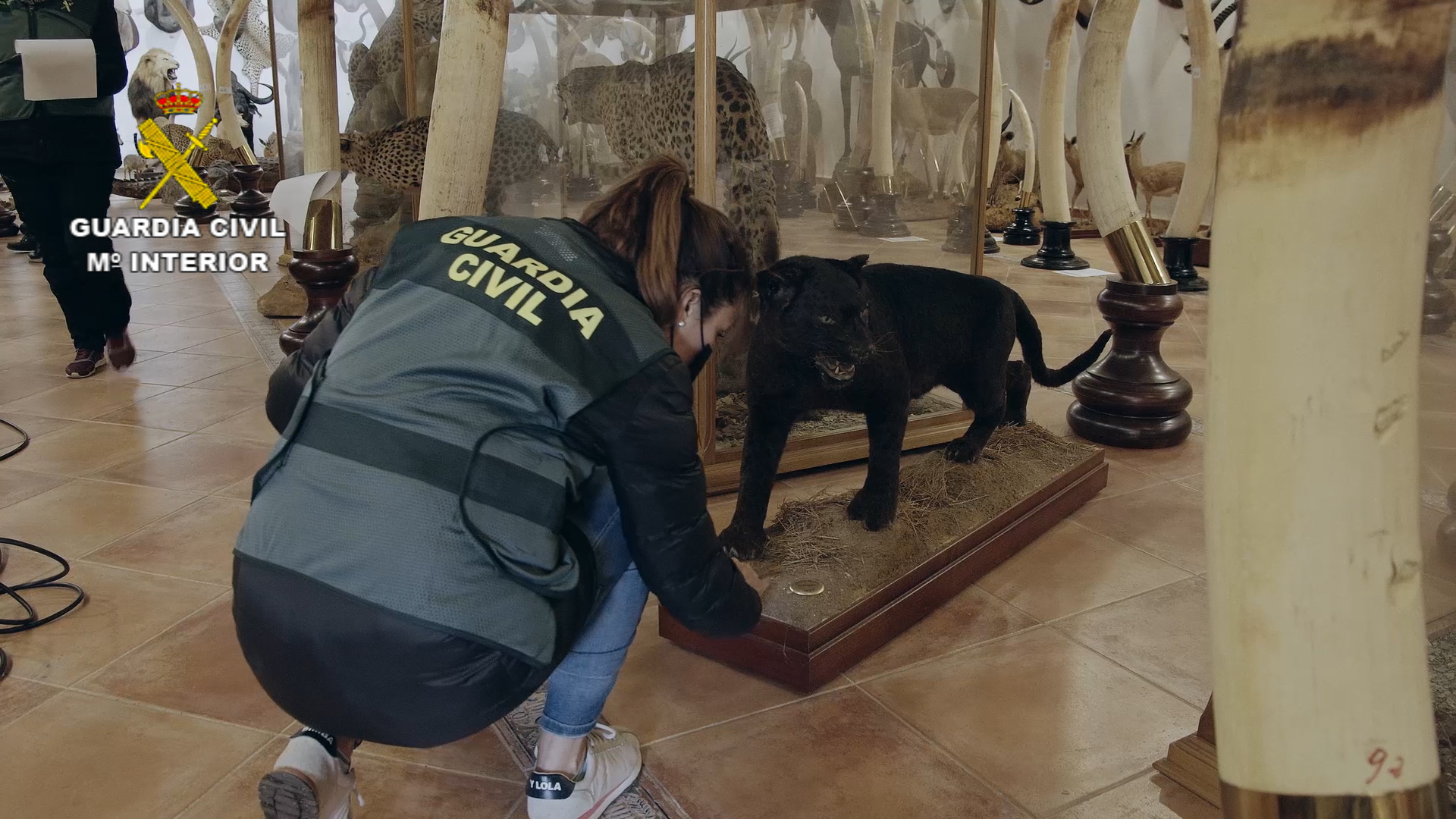
The collection is estimated to be worth around $31.6 million (29 million euros) on the black market, according to the statement.
The interior of the warehouse, which is around 538,000 square feet (50,000 square meters), looks like a natural history museum in images; some of the walls are painted with vistas from some of the animals' natural habitats, and some specimens were housed in glass display cases. The warehouse also contained basic living quarters and two boats, according to the statement.
Get the world’s most fascinating discoveries delivered straight to your inbox.
The owner of the property has been the target of a major international investigation since November 2021 but has not been arrested. However, he continues to be investigated for wildlife smuggling, according to the statement.
Originally published on Live Science.

Harry is a U.K.-based senior staff writer at Live Science. He studied marine biology at the University of Exeter before training to become a journalist. He covers a wide range of topics including space exploration, planetary science, space weather, climate change, animal behavior and paleontology. His recent work on the solar maximum won "best space submission" at the 2024 Aerospace Media Awards and was shortlisted in the "top scoop" category at the NCTJ Awards for Excellence in 2023. He also writes Live Science's weekly Earth from space series.
 Live Science Plus
Live Science Plus





